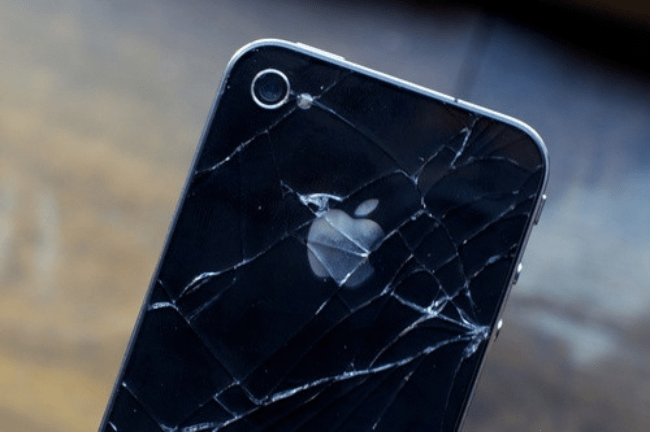
According to Apple’s warranty and AppleCare policies, any repairs or exchanges might involve devices that are either new or “equivalent to new in performance and reliability,” the latter of which is often defined as refurbished. These refurbished models are likely to contain new and recycled parts, something that Lysgaard and the Danish court that handed down its decision against Apple took issue with.
According to the court, the refurbished iPhone 4 that served as Lysgaard’s replacement handset might have a lower resale value, since it might contain recycled parts. Furthermore, the court saw the replacement phone as going against Lysgaard’s “legitimate expectation” of getting a new iPhone equivalent to his original purchase.
The Danish court concluded that the refurbished iPhone was not an “equivalent to new” replacement, thus violating the Danish Sale of Goods Act. As such, Apple was ordered to replace Lysgaard’s phone with a new model. The decision upholds an earlier decision by Denmark’s Consumer Complaints Board, which concluded that the replacement phone should be new, not refurbished.
As for what is next, Apple can appeal the decision with a higher court, but the case potentially includes larger implications for Apple’s business. Apple likely uses recycled parts as a means of lowering the stress on its supply chain by not manufacturing new devices as replacements. As such, the case could change out how the company handles repairs moving forward.
It will likely take more cases to incite a policy change, though a Dutch court arrived at a similar decision with a similar case in July. In the same month, two California residents sued Apple over receiving refurbished devices.


